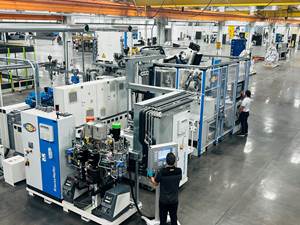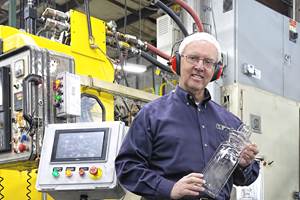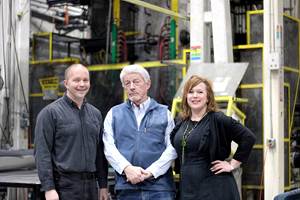The Unspoken Cues and Habits of a Group
The rules that break relationships at work.
Hidden rules, as defined by author and speaker Ruby Payne, are the unspoken rules of a group. Sports have hidden rules, as do religion, work, and economic class. I attended a Greek Orthodox wedding years ago. It was obvious which wedding guests were Greek Orthodox and which were not. In the workplace, examples of hidden rules include which parking spot and elevator you can use and whether to leave the coffee pot empty or fill it up again. Hidden rules can begin with anyone in an organization or company.
Knowing the hidden rules of an environment provides versatility and power within that environment. When you break a hidden rule, you can appear to be dumb, which could lead a supervisor to think you were a bad hiring mistake.
When I wrote the book Workplace Stability, I asked a group of entry-level, lower-wage employees to tell me what made them scratch their heads about management. Four themes emerged.
1. Meetings
In commenting on meetings, entry-level employees thought it wise to have a meeting, make a decision, and move on. They wondered why management has meetings, breaks out into subgroups, has more meetings, and then comes back again for another meeting.
When living in daily instability, like many of our lower-wage workers do, people live in the moment and solve problems all day long in a reactive way. Employees from this environment don’t live in a future-oriented world and don’t have the time or resources to prevent problems from occurring.
2. Budgets
The entry-level employees I talked with questioned why they earned only minimum wage, while the boardroom was stocked with expensive beverages for board-of-directors meetings.
The expectations around food and beverages are different for those living in instability, stability, and long-term stability. In instability, what matters is having enough. In stability, liking the food and beverage offerings is important. And in long-term stability, presentation is the most important factor.
3. Hierarchy
Entry-level employees ask, Why is it that I can’t ask the person that I know has the answers? Why do I always have to ask my supervisor or manager, who then takes it up the chain of command?
As managers who live in stability, we understand the hidden rules of hierarchy in the workplace. It is understood that this is what we do to be successful.
4. Emails
Lower-wage workers ask, Why can’t you just take my word? Why do you have to follow up our conversation with an email?
When people live in instability, relationships are a driving force. It is expected to take someone at their word and not feel the need to send a follow-up email.
The more hidden rules employees know, the more mutual respect will exist in the workplace. When hidden rules are broken with coworkers, loss of respect and broken relationships can occur. A list of hidden rules is given in the book Workplace Stability, available here.
About the Author: Ruth K. Weirich , MBA is an author, trainer, and management professional experienced in business operations efficiency and profitability. She is also a past president of aha! Process, an education and training company specializing in economic class issues. Contact: rkweirich@ahaprocess.com; ahaprocess.com.
Related Content
Blow Molder with a Mission: CKS Packaging Shares Gains Of Its Phenomenal Growth
From three machines in 1986 to 27 plants nationwide today, this family-owned processor has prospered through unwavering customer service, committed employees and dedicated service to its community.
Read MoreKraussMaffei and NIAR Propel Injection Molded Thermoplastic Composites
The maker of plastics processing equipment has placed a machine and an injection molding expert in NIAR’s ATLAS lab in Wichita, Kansas, to help molding, composites and aerospace take off.
Read MorePlastics Processors Who Hire ‘Second-Chance’ Workers Do Well by Doing Good
Two blow molders with long-standing programs of hiring formerly incarcerated low-level offenders have helped these individuals re-enter their communities and have benefited from an additional resource during chronic labor shortages.
Read MoreBlow Molder Confer Plastics Celebrates Golden Anniversary & the ‘American Dream’
This family-run firm fills a specialized niche with a culture of innovation and environmental stewardship that realizes the dreams of its founders, its employees and its customers.
Read MoreRead Next
Making the Circular Economy a Reality
Driven by brand owner demands and new worldwide legislation, the entire supply chain is working toward the shift to circularity, with some evidence the circular economy has already begun.
Read MoreSee Recyclers Close the Loop on Trade Show Production Scrap at NPE2024
A collaboration between show organizer PLASTICS, recycler CPR and size reduction experts WEIMA and Conair recovered and recycled all production scrap at NPE2024.
Read MoreLead the Conversation, Change the Conversation
Coverage of single-use plastics can be both misleading and demoralizing. Here are 10 tips for changing the perception of the plastics industry at your company and in your community.
Read More

























